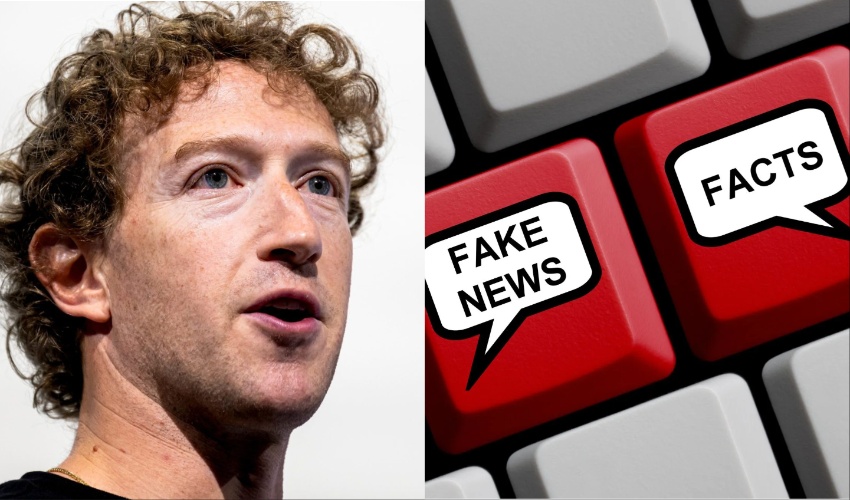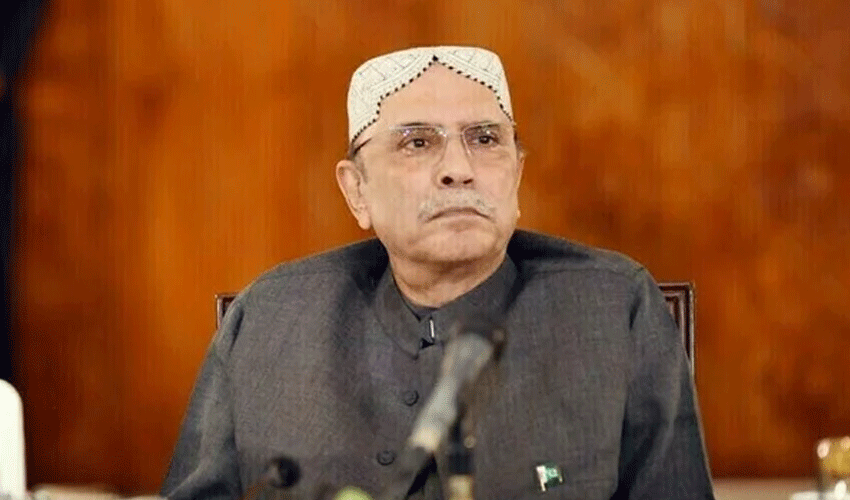Social media giant Meta has announced its decision to abandon independent fact-checkers on Facebook and Instagram in the United States, opting instead for a user-driven moderation system modeled after Elon Musk's "community notes" on X (formerly Twitter).
The move, which comes ahead of President-elect Donald Trump’s inauguration, has drawn criticism from campaigners and safety groups.
In a video accompanying the announcement, Meta CEO Mark Zuckerberg defended the decision, citing concerns over "political bias" in third-party moderation. "It’s time to get back to our roots around free expression," he said. The company clarified that the changes would first roll out in the US, with no immediate plans to discontinue fact-checking partnerships in the UK or the European Union.
Backlash over "radical swing"
The decision has sparked concerns among advocacy groups and experts who argue that replacing professional fact-checkers with user-generated notes could undermine efforts to combat hate speech and misinformation.
Ava Lee of Global Witness, an organization focused on holding tech companies accountable, accused Meta of prioritizing political expediency. “Zuckerberg’s announcement is a blatant attempt to cozy up to the incoming Trump administration—with harmful implications,” she said, adding that the new approach may embolden hate speech and disinformation on the platform.
Fact-checking organizations, including Full Fact, which collaborates with Meta in Europe, dismissed allegations of bias and expressed disappointment. Chris Morris, CEO of Full Fact, described the decision as a “backward step” with global implications.
Concerns for safety online
The Molly Rose Foundation, a UK-based advocacy group, highlighted potential risks to vulnerable users. "We are urgently seeking clarification on whether the changes will impact suicide, self-harm, and depressive content," said Ian Russell, the foundation's chairman. Meta assured that high-severity violations, including those related to self-harm, would remain subject to automated moderation systems.
Joel Kaplan, Meta’s new head of global affairs, emphasized that the company aims to “undo mission creep” in its moderation policies. Kaplan, who replaces Sir Nick Clegg in the role, noted that past restrictions on topics like immigration and gender identity had suppressed political discussion.
Shifting political priorities
Observers have linked the policy shift to Meta’s evolving relationship with Donald Trump. The former president, who previously criticized the company’s moderation practices, hosted Zuckerberg for dinner at his Mar-a-Lago estate in November. Meta also donated $1 million to Trump’s inauguration fund.
Zuckerberg described the recent US elections as a "cultural tipping point" towards prioritizing free speech, signaling a departure from the company's earlier emphasis on trust and safety mechanisms.
Experts say the changes reflect broader industry trends. Kate Klonick, associate professor at St. John’s University Law School, characterized the move as part of a “radical swing back in the opposite direction” for content governance.


























